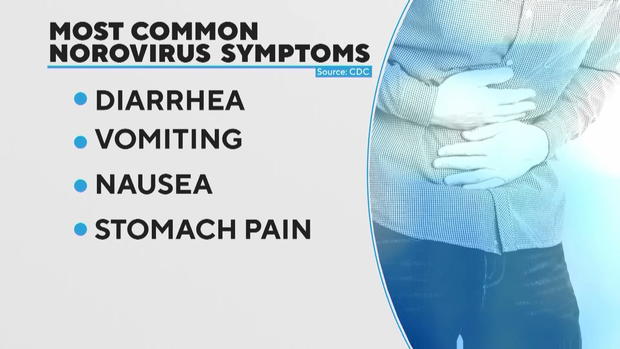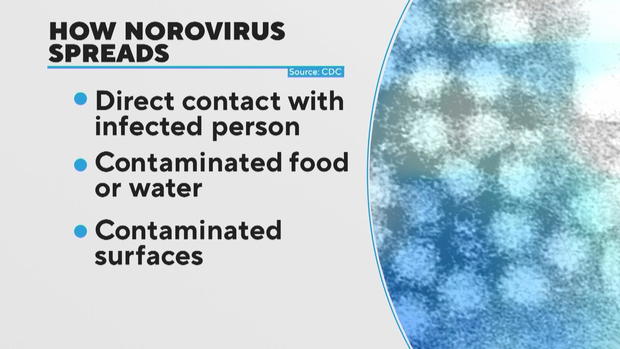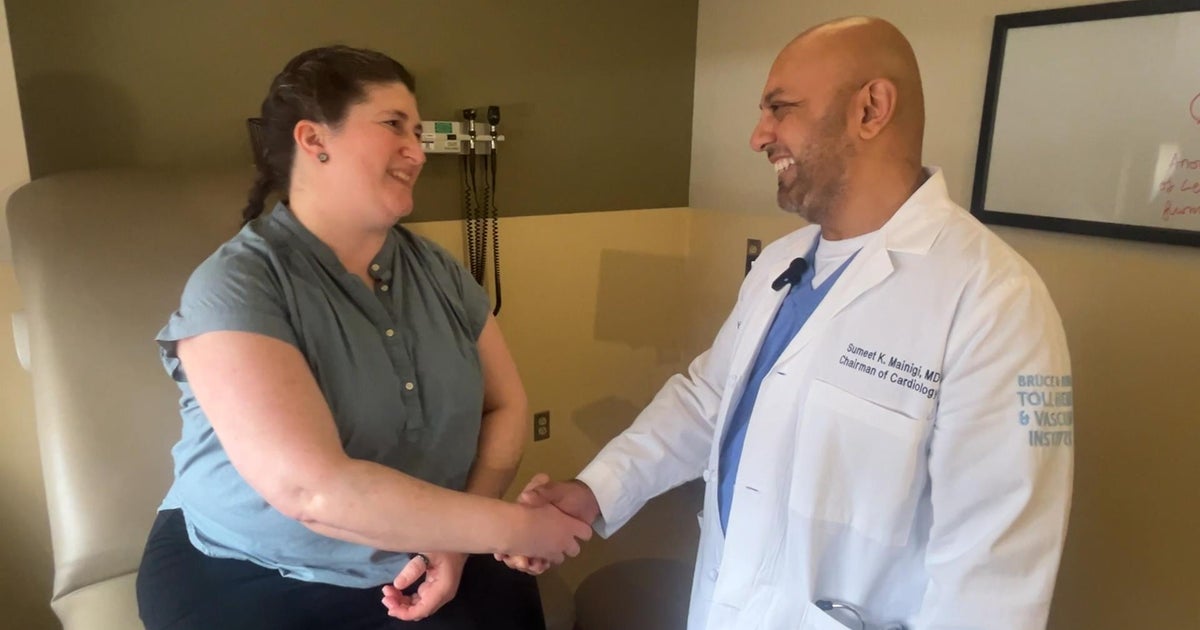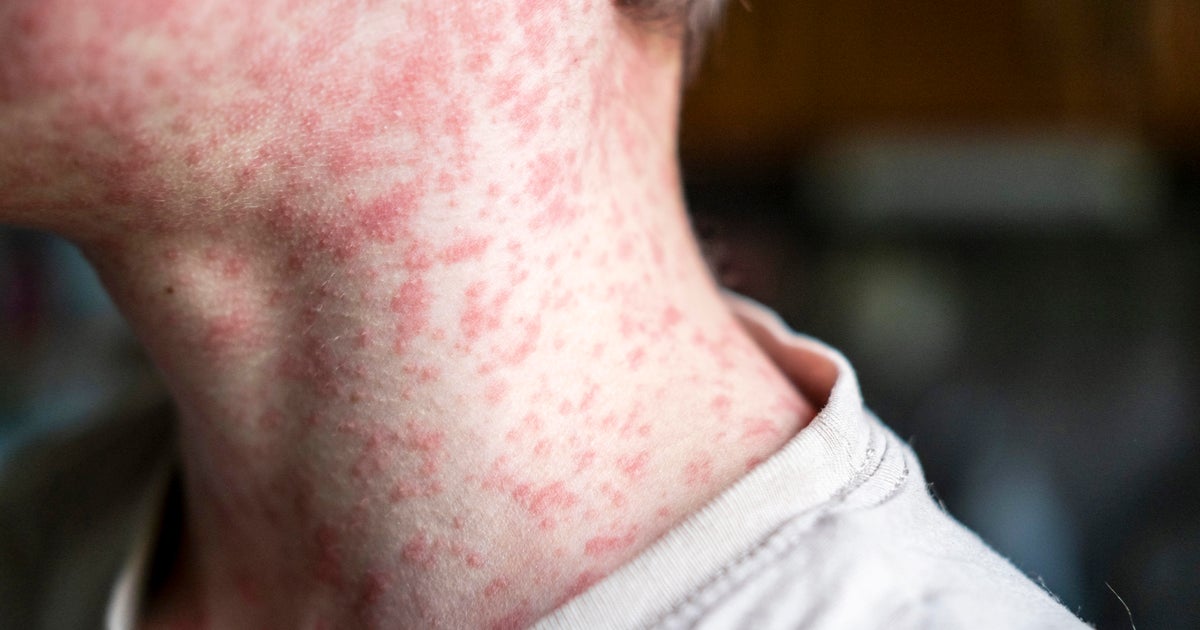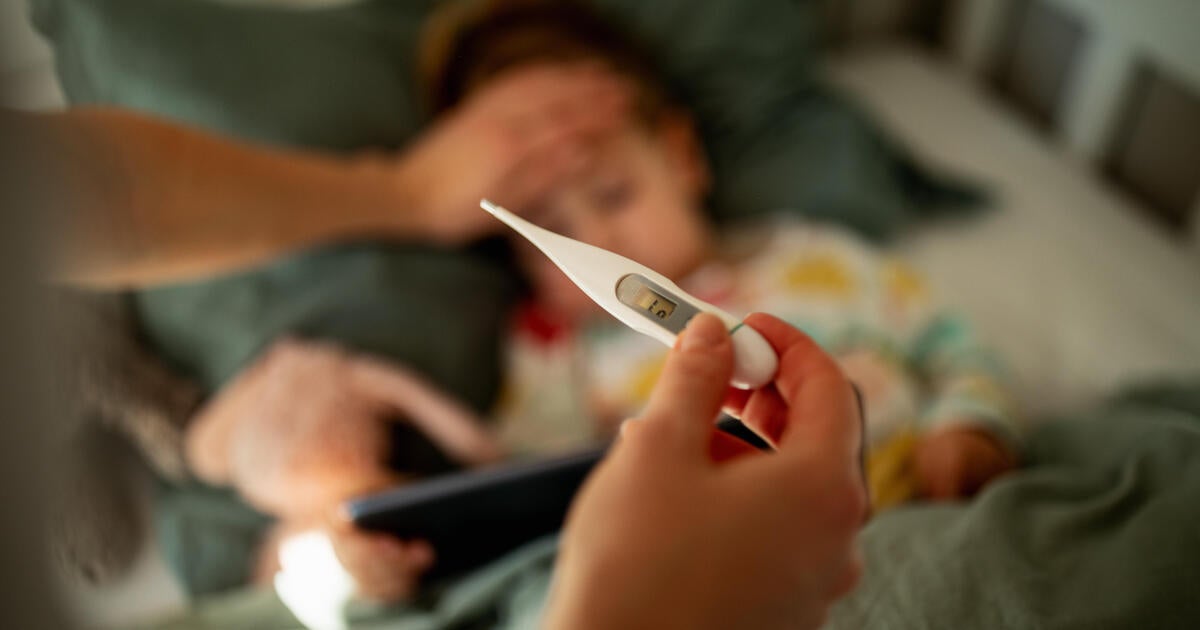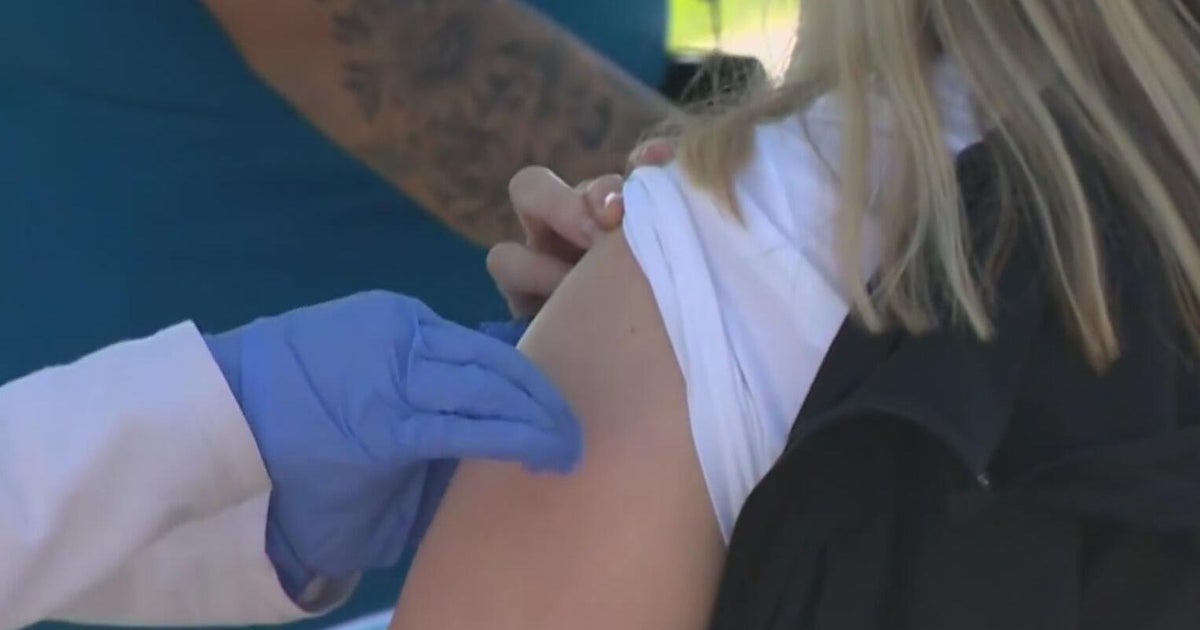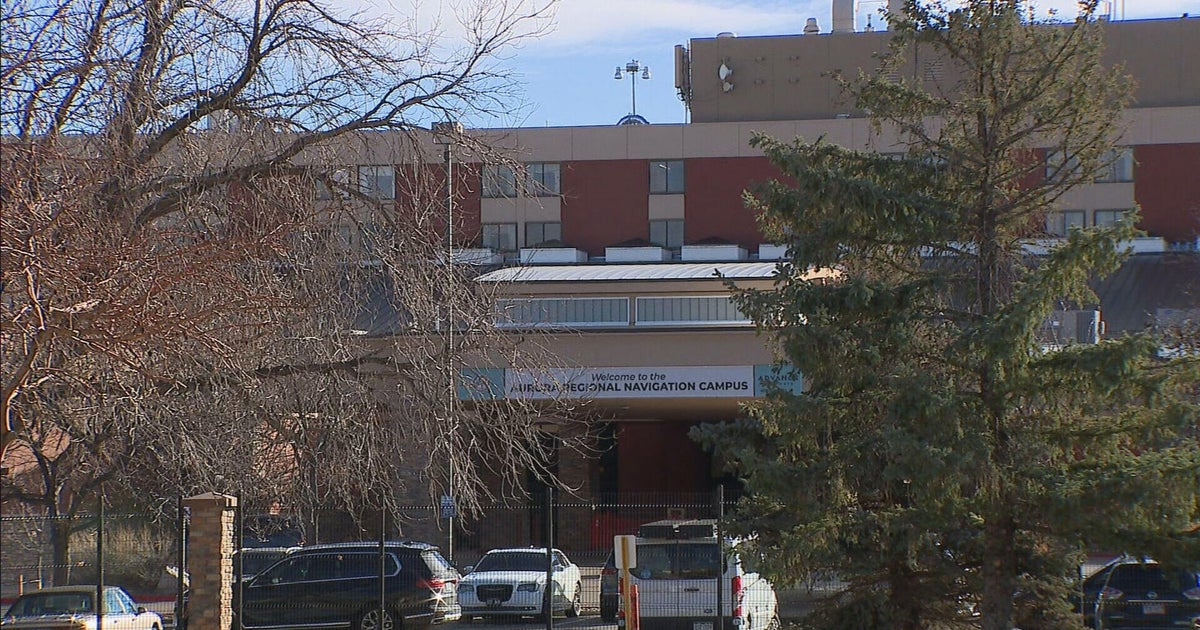Doctors encourage hand-washing more often amid spike in norovirus cases
PHILADELPHIA (CBS) -- At Children's Hospital of Philadelphia, Dr. Katie Lockwood said it is "norovirus season." The nasty stomach bug has been making its rounds across the country, with CDC data showing the virus is most prevalent in the northeastern region of the United States.
RELATED: How is the rise of norovirus in the northeast affecting the Philadelphia region?
"We see norovirus typically between November and April, so we're right in the middle of it right now," Lockwood said.
According to Lockwood, around one in seven children will see their pediatrician for norovirus by the time they are five.
Those who contract the virus will often experience diarrhea, vomiting, nausea and stomach pain. Dr. Aaron Martin, a gastroenterologist with Jefferson Health, said the symptoms can come on fast.
"People can feel completely normal one half of the day, and then suddenly you'll have some sort of acute onset nausea and vomiting," Martin said.
The virus spreads through direct contact with another person who is infected, contaminated food or water, and contaminated surfaces.
"It's such a highly contagious virus," Martin said. "You don't need to be exposed to a lot of it in order to get sick from it."
Both physicians say the best thing you can do to protect yourself is to wash your hands frequently with soap and water, especially before eating or touching your mouth.
In extreme cases, Lockwood says children can become severely dehydrated. She encourages parents and caregivers to pay attention to the warning signs.
"Sometimes this looks like a child who's lethargic, they really have no energy. They're just laying around, parents will describe them as like a wet noodle and say that they're kind of listless," Lockwood said. "Those are big warning signs that your child should go to the emergency department or you should give your pediatrician a call."
No matter the age of the person who contracts it, Lockwood said hydration is key.
"It's really about hydration," she said. "So getting them to drink a lot of fluids and waiting for their norovirus to pass is really all that we can do."
